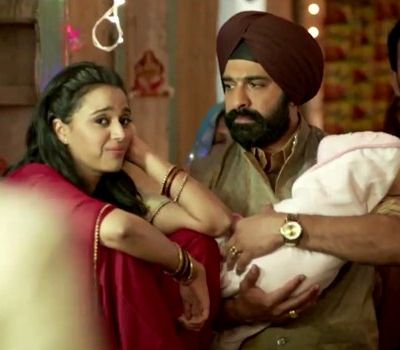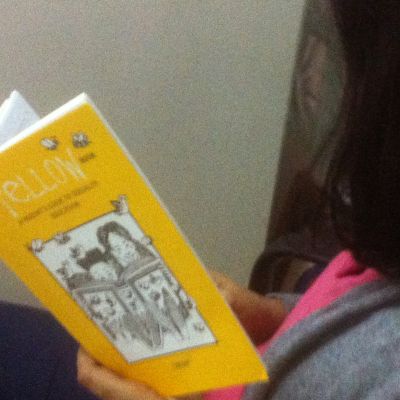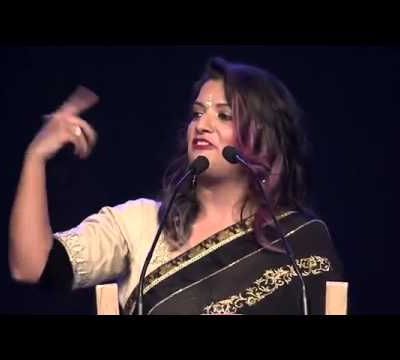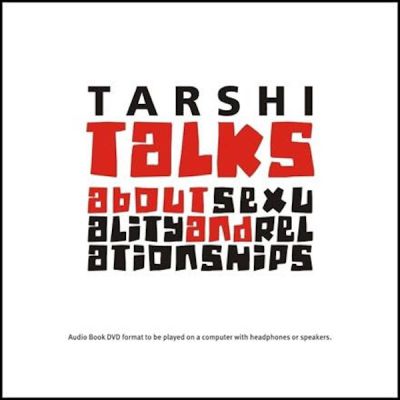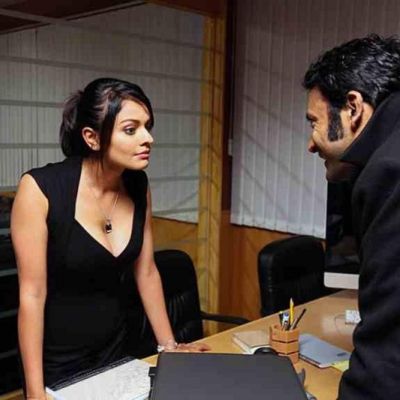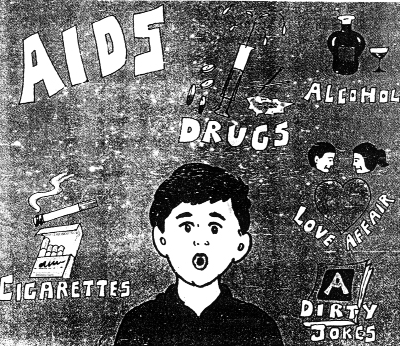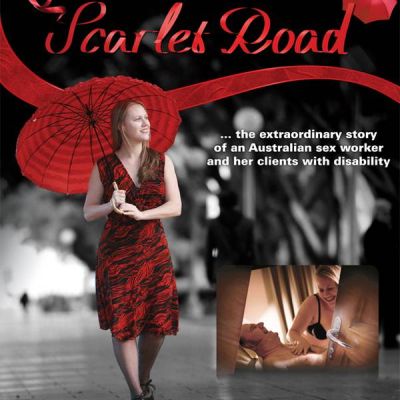Categories
Attire and sexuality in the common imagination and approach as represented (and also as received) by the mainstream media tell us a lot about prevailing attitudes to both. Advertisements bombard us with all kinds of representations, negative and positive, of human sexuality, sexual expression and desire. In the creation and marketing of attire and fashion, there is a great awareness of sexual buy-in or rejection by the market – that’s us.
What does Tanu Weds Manu Returns (2015) have in common with Perumal Murugan’s controversial book, One Part Woman (2013)? Stories on emasculation…
I believe that such mini-series as “Unbelievable” will help people have a better understanding of what women go through when they experience a horrific incident like rape or sexual assault.
After the endless media coverage of the horrific gangrape in December 2012, words like rape, sex, vagina and so on…
Last weekend, after a very hectic week, I was looking for a light and easy movie to watch and came…
At the Delhi launch of the fourth edition of The Gaysi Zine, on January 21st at Max Mueller Bhavan, a…
At the now infamous All India Bakchod Knockout roast last year, comedian Aditi Mittal told this joke about her fellow…
TARSHI Talks on Sexuality and Relationships is such a welcome sea of information about sexes, sex, sexuality and relationships in an objective and ‘non-taboo’ manner.
Looking through the prism of Tamil cinema, a female scientist distorts the simplistic, straightforward portrayal of women that most movies adopt. Her knowledge and authority on a subject enable her to challenge the hero (gasp!) in areas that he may not know about. Often, she flaunts her sexuality; it’s brash, open and departs from norms.
Textbook Regimes: A Feminist Critique of Nation and Identity is a book published by Nirantar that explores the linkages between…
Several recent mainstream Hindi films have dealt with issues of sexuality and gender not usually discussed in the intended audience’s drawing rooms.
With the shifting nature of perceptions around fandom, the discourse around Rainbow Rowell’s Fangirl has witnessed an interesting shift. While earlier, the book found almost unanimous acceptance, in recent times, it has completely faded into irrelevance.
What makes a family? In the month of May, we celebrated Mother’s Day on the 10th and the International Day…
For many of us careening to adulthood at the time, these films pushed us to confront our own biases. They asked us to stand in Diane and Mansi’s shoes and ask ourselves, what would we have done? Would we spend one night with a man (Robert Redford, no less) for a million dollars? Would we be able to resist the option that opened up to Mansi? And the truth of it was that this was a difficult question to answer.


